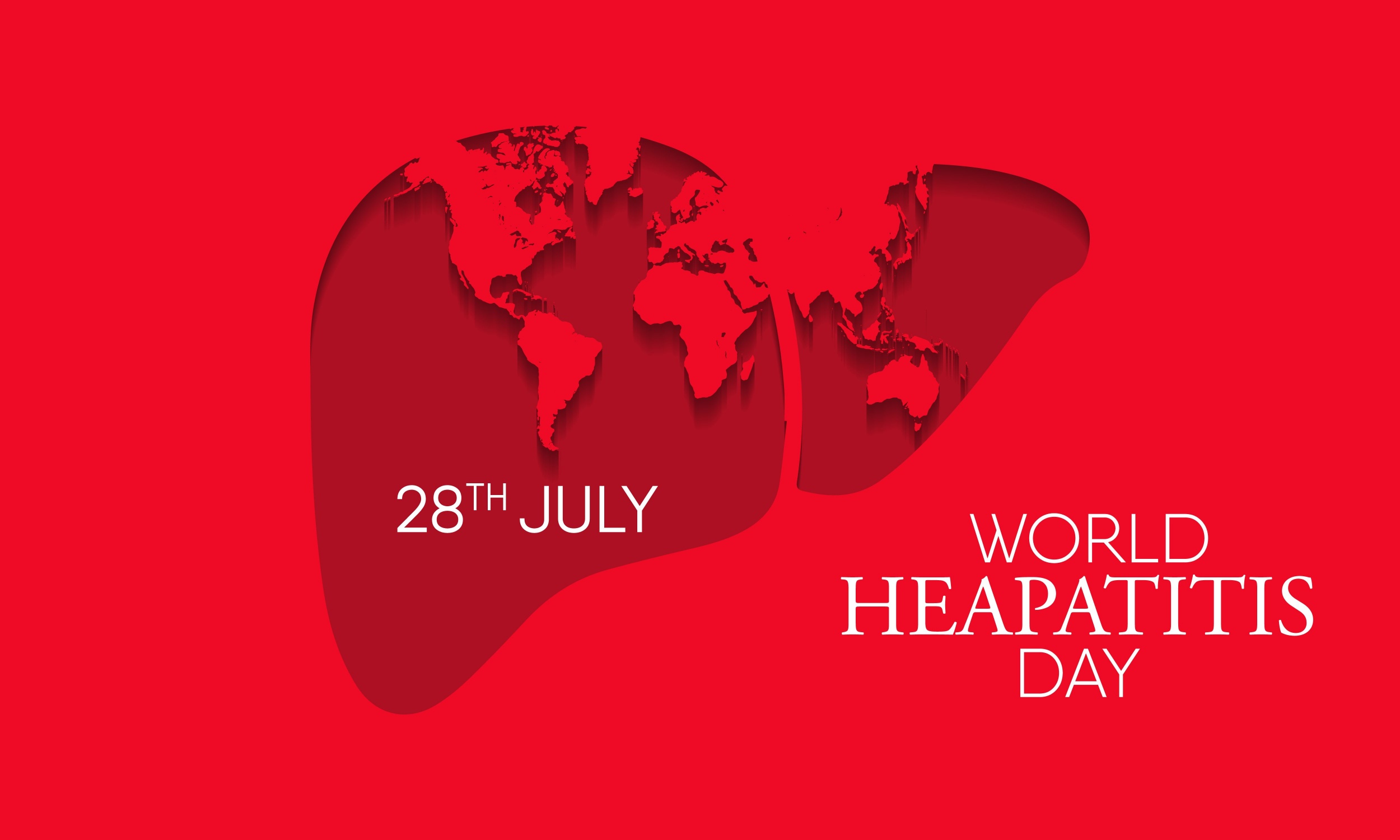WORDS LIM TECK CHOON
 FEATURED EXPERT FEATURED EXPERTDR PHILIP PANG BOON CHEONG Consultant Gastroenterologist and Hepatologist Subang Jaya Medical Centre |
A QUICK OVERVIEW OF HEPATITIS B & C
Hepatitis B
- It’s a viral infection that attacks the liver.
- It’s caused by the hepatitis B virus (HBV)
- Can be acute (short-term) or chronic (long-term).
- Transmitted through blood, semen, and other body fluids.
- Currently, there is no cure available.
- Vaccination provides a greater degree of protection against HBV infection.
Hepatitis C
- It’s also a viral liver infection.
- It’s caused by the hepatitis C virus (HCV).
- It often becomes chronic or long-term.
- Primarily transmitted through blood-to-blood contact.
- No vaccine available, but treatable with direct-acting antiviral medications (97% cure rate).
WHY IS THERE A FIGHT AGAINST HEPATITIS B & C?
Dr Philip Pang reveals the following:
- Hepatitis B and C are considered silent killers because they are often undiagnosed until health complications arise.
- These diseases progress while undetected to cause severe liver damage and even cancer.
“Viral hepatitis is preventable and treatable. Thus, it is crucial that effective intervention measures are put in place,” Dr Pang shares.
HOW DO WE FIGHT AGAINST THESE TWO FORMS OF HEPATITIS?
- 3 doses of the hepatitis B vaccine are administered to all newborns before they turn 1.
- “The Ministry of Health (MOH) has also implemented targeted health screenings for high-risk populations including pregnant women and those with family history,” says Dr Pang.
- Wider access to affordable direct-acting antivirals has led to a significant drop in chronic hepatitis C cases.
- The Ministry of Health has also developed the National Strategic Plan for Hepatitis B and C (NSPHBC) 2019-2023 with the aim of eliminating hepatitis B and C by 2030. This comprehensive plan outlines a structured approach to prevention, diagnosis, treatment, and care to combat viral hepatitis.
HOW ARE WE DOING THUS FAR?
- Statistics show that in Malaysia, an estimated 1.1% of the population is infected with hepatitis B virus in 2017, and 2.5% with hepatitis C virus in 2019.
- Viral hepatitis is the seventh most common cause of mortality in our country.
- 94% of deaths from chronic hepatitis B and C infections are caused by cirrhosis (severe scarring of the liver) and liver cancer.
THE DRIVE FOR GREATER PREVENTION OF HEPATITIS B
Hepatitis B is not curable at the moment, although early diagnosis can allow for proper measures to be taken so that individuals with this disease can still lead a fairly active and productive life.
However, many individuals with hepatitis B are unaware of their status and often go undiagnosed.
“An individual with hepatitis B is like having a neighbour who lives together in harmony, but you don’t know when your neighbour would one day go crazy,” Dr Pang tells us.
He goes on to say: “If we can fight hepatitis B in this generation, we are well on our way to eliminating it by 2030. Yet, we are far from achieving this goal. More needs to be done to raise public awareness about hepatitis B transmission, prevention methods, and the importance of vaccination.”
Pregnant Moms
The lack of symptoms can lead to pregnant mothers being unaware that they have hepatitis B, which increases the risk of mother-to-child transmission.
Routine blood tests during pregnancy can help identify these cases.
“Early detection allows for proper management, Pregnant mothers may be given antivirals and newborns given an immunoglobulin injection, specifically hepatitis B immunoglobulin, within 24 hours after birth” Dr Pang says.
For the newborn, the immunoglobulin injection provides a temporary protection against hepatitis B infection until the baby’s own immune system can develop immunity through vaccination.
People Living with Hepatitis B
Dr Pang recommends that individuals with hepatitis B should see their doctors once a year and undergo a routine blood test, which monitors their viral load.
Those who are 40 years old and above and present with symptoms should see their doctors more often, every six months, and undergo liver cancer surveillance.
Consider Hepatitis Vaccination and Stay Safe
- Vaccination is key for improving our protection against hepatitis A and B.
- Practice safe sex and good hygiene are vital.
- Avoid sharing needles and personal care items.
- Ensure safe practices during procedures that involve needles, such acupuncture or tattooing.











